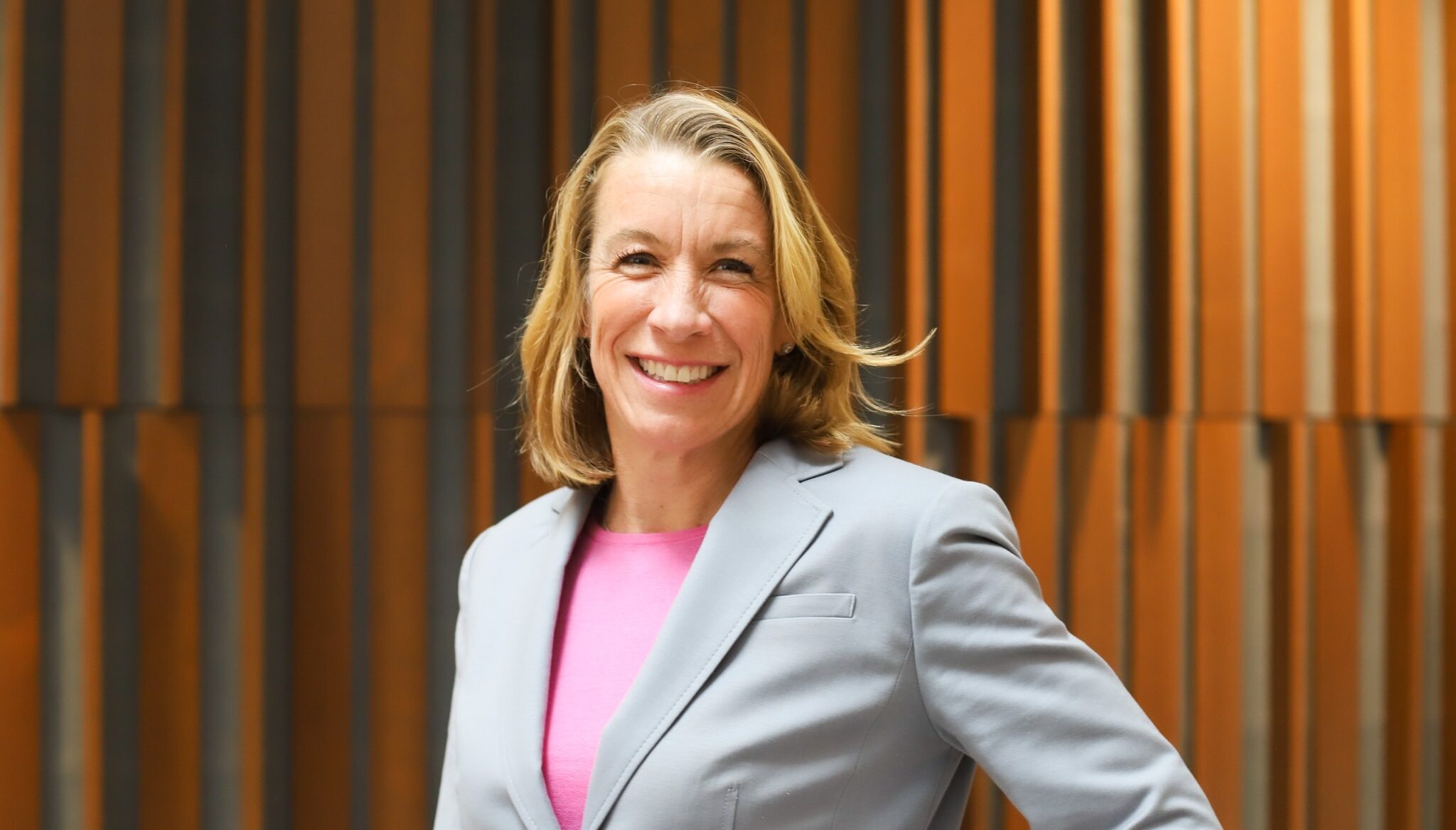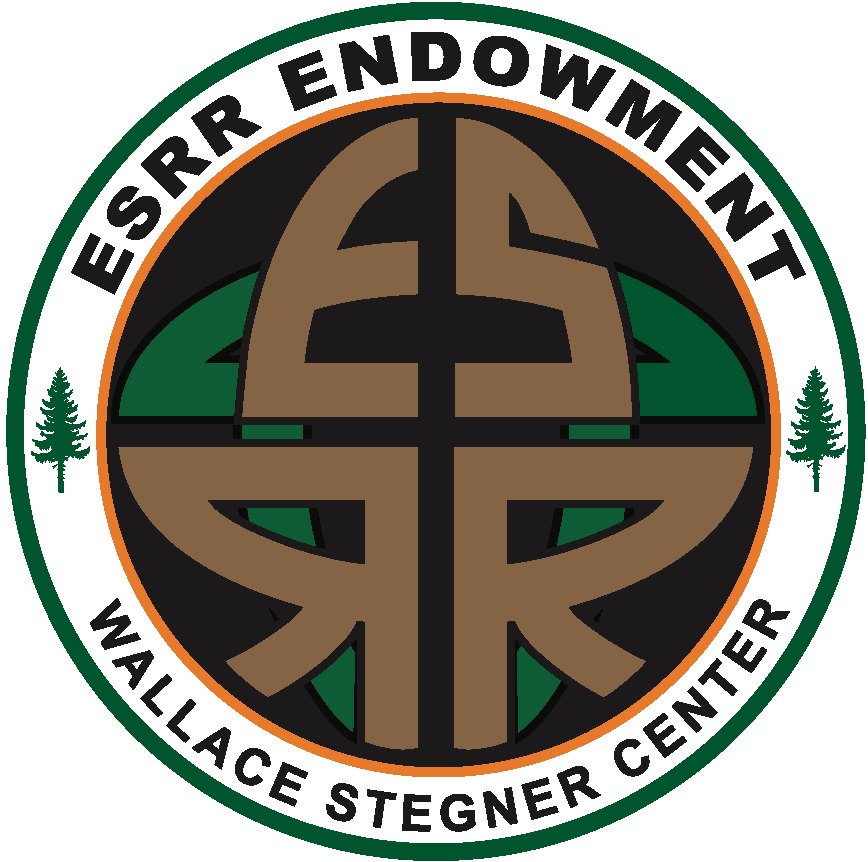LAW & POLICY PROGRAM
Established in 2012, the Stegner Center’s Law and Policy Program provides actionable and pragmatic research on emerging issues affecting public lands, agency decision making, indigenous peoples, resource management, and climate change. We aim to provide real time analysis that protects the environment and promotes a just and democratic society through wise and thoughtful policies.
AREAS OF WORK
The Great Salt Lake Project (coming soon)
Sympathy alone cannot close the water gap in Indian Country
Sep 28, 2023Yesterday the Senate Committee on Indian Affairs held an oversight hearing on tribal access to water—a neglected issue that is increasingly recognized but still unaddressed. […]
Determining the reasonableness of permitting timeframes: Lessons from the Canadian criminal justice system
Aug 28, 2023It has been almost a year since Senator Manchin thrust the phrase “permit reform” onto center stage, arguing that the permitting process for energy projects […]
A permanent homeland for the Navajo Nation requires access to water
Aug 03, 2023Born on the Navajo Nation reservation, it was several years before I became aware of the stark difference in resources available on the reservation versus […]
Conservation Has Always Been a Part of the Bureau of Land Management’s Multiple Use Mandate
Jul 21, 2023Current Conditions on Public Lands Justify the BLM’s Proposed Conservation and Landscape Health Rule On April 3, 2023, the Bureau of Land Management proposed new […]
The Law & Policy Team










PRINCIPAL SPONSORS
 The ESRR Endowment Fund for the
The ESRR Endowment Fund for the
Wallace Stegner Center
 Wilburforce Foundation
Wilburforce Foundation
The Law and Policy Program produces research under contract with various federal agencies, including the U.S. Forest Service, the U.S. Department of Energy, the U.S. Agency for International Development, and the U.S. State Department. We also depend on gifts and grants from generous supporters. The Stegner Center is solely responsible for the content of our research and the views expressed in our publications do not necessarily represent those of any governmental entity or funder. Donors exercise no substantive or editorial control over our research or recommendations.
